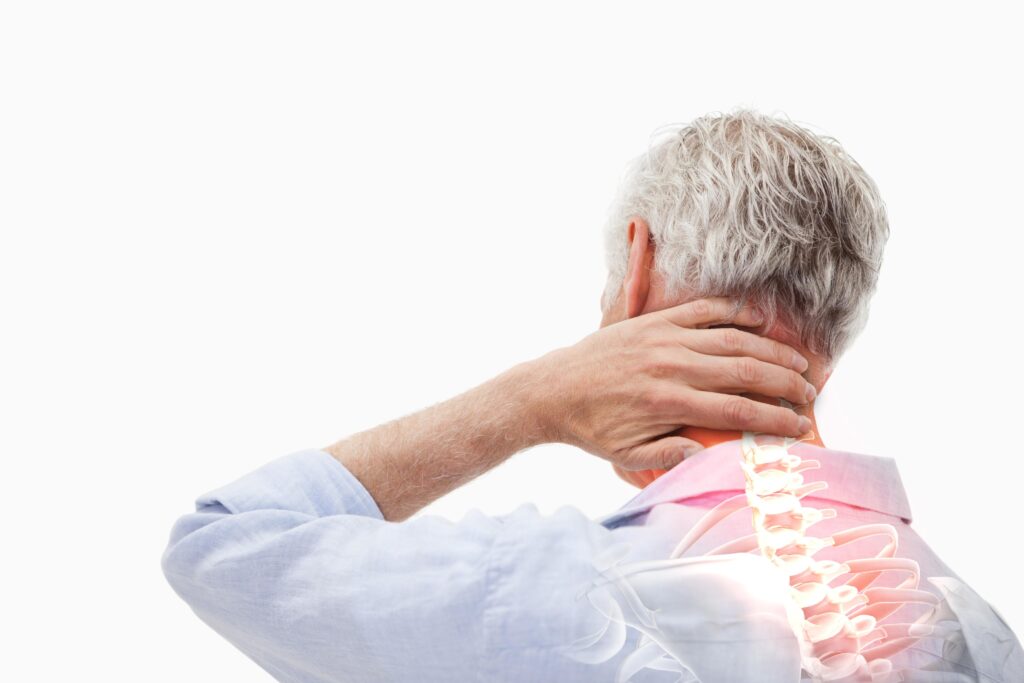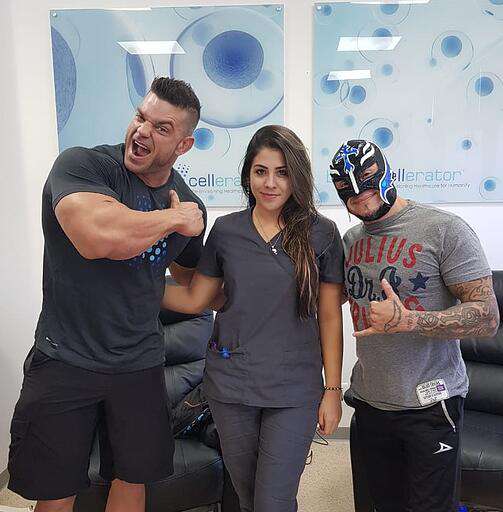A subacute ischemic stroke is a type of stroke that occurs when the blood supply to the brain is reduced or cut off temporarily. This condition can happen when a blood clot forms in a brain blood vessel, when a blockage occurs in an artery, or when the flow of blood is reduced for any other reason. The symptoms of a subacute ischemic stroke can vary depending on the location and severity of the damage to the brain. However, common symptoms include weakness, paralysis, and difficulty speaking or understanding speech. Subacute ischemic strokes often occur without warning and can be very debilitating.

Stroke is one of the leading causes of acquired disability, and it affects around 70% of survivors. Despite the acute stage after a stroke, there are no treatments available other than rehabilitation to help patients recover. However, experimental stroke studies have been showing positive results when mesenchymal stem cell (MSC) administration is used in treatment. Statistically significant improvements in functional outcomes have been reported, but safety concerns remain due to the clinical use of MSCs.
Recent experiments with animal models are demonstrating the possibility of using MSCs as a neuro-regenerative therapy for stroke-related damage and dysfunction. Studies show that MSCs can promote neurogenesis and reduce inflammation within affected brain tissue, leading to an improved recovery rate in motor functions for animals with stroke-like conditions. Furthermore, these stem cells can be used to limit or even reverse cell death caused by being deprived of oxygen – a complication commonly seen in strokes – making them even more valuable for potential treatments.
The current challenge for researchers is to identify reliable strategies for the successful application of MSCs as treatment strategies in humans with stroke conditions. While promising results are still being seen from animal trials related to MSC therapies, more research is needed before clinical trials can move forward with human patients who suffer from strokes since there are still many questions left unanswered regarding their long-term efficacy and safety profile compared to other conventional treatments.
A study, Autologous Mesenchymal Stem Cells Improve Motor Recovery in Subacute Ischemic Stroke: a Randomized Clinical Trial, looked into how stem cell therapy can help stroke patients recover.
Results of the Study
MSCs in patients with subacute ischemic stroke to assess the safety and feasibility of IV autologous MSCs administered one month after stroke. The study aimed to evaluate the efficacy of two different doses of MSCs (100 million and 300 million) coupled with rehabilitation in improving neurological function, motor skills, and daily functioning.
Patients were recruited from neurology centers around the country and randomized 2:1 to receive an injection of MSCs or rehabilitation alone as a control group. All participants followed an intensive rehabilitation program designed to improve neurological functioning, including 5 days each week of physiotherapy and occupational therapy over a 3- to 6-month period at a specialized neurologic rehabilitation center. The MSC group consisted of ten patients who received low-dose injections (100 million) and ten patients who received high-dose injections (300 million). Thirty-one patients were enrolled in the study, and 16 patients received the stem cell therapy treatment.
MSCs were administered intravenously. Researchers used clinical evaluation, NIHSS, mRS, and the Barthel Indel to determine the effectiveness of the treatment. The results of the treatment were promising for patients recovering from strokes. There were no adverse events related to stem cell treatment. The group that received stem cell treatment saw significant improvement in motor NIHSS. There were also improvements in motor-Fugl-Meyer scores and task-related activity in MI-4a and MI-4p.
Autologous mesenchymal stem cell therapy has been demonstrated to be a safe and feasible treatment option for those who have suffered moderate to severe stroke. Results from fMRI imaging studies revealed regional increases in task-related activity within the primary motor cortex associated with passive wrist movement following stem cell therapy administration. This ability suggests that measuring physiological responses in sensorimotor areas may provide valuable information on how effective any given therapeutic intervention is at improving overall functioning following a brain injury such as a stroke. In particular, this could help clinicians identify patients who will most likely benefit from certain treatments faster than relying solely on behavioral assessments alone.
Overall, autologous MSC therapy appears to be safe and effective for treating moderate to severe stroke patients. Both behavioral and physiological improvements can be measured following treatment administration which suggests that it could play an important role in helping individuals recover better after suffering a stroke-related injury or disorder. Furthermore, applying fMRI techniques provides additional evidence that measuring changes in task-related activity within the MI region may be useful as an objective biomarker for assessing recovery progress following stem cell therapy interventions for stroke survivors.


